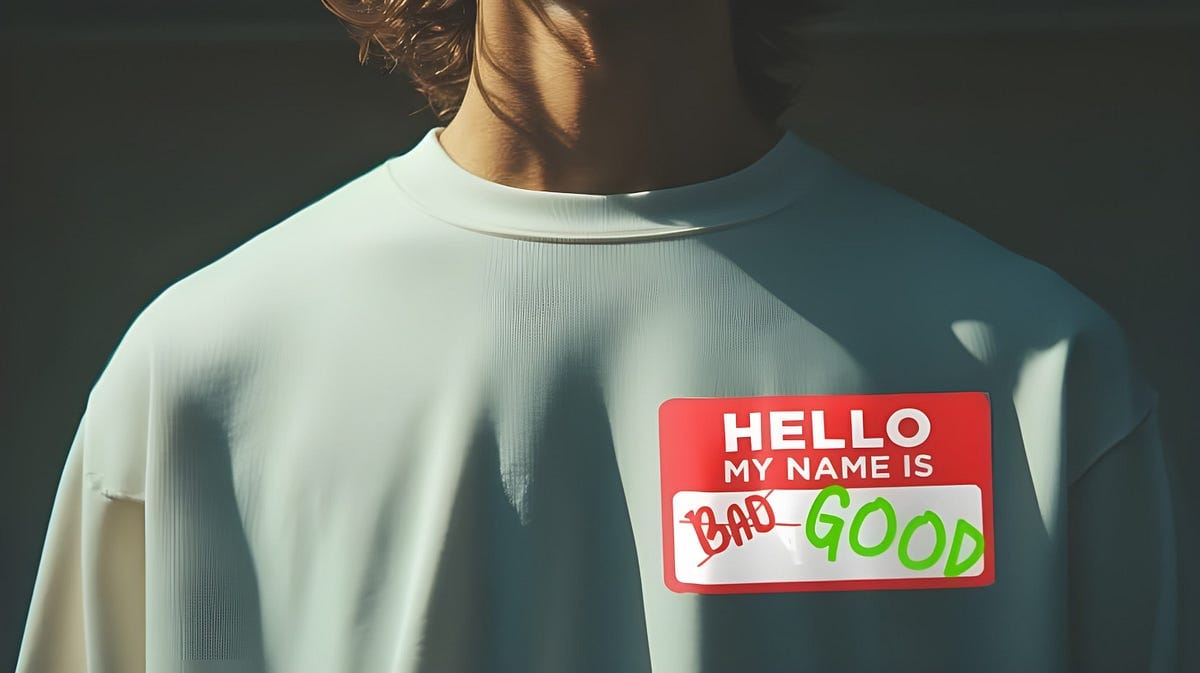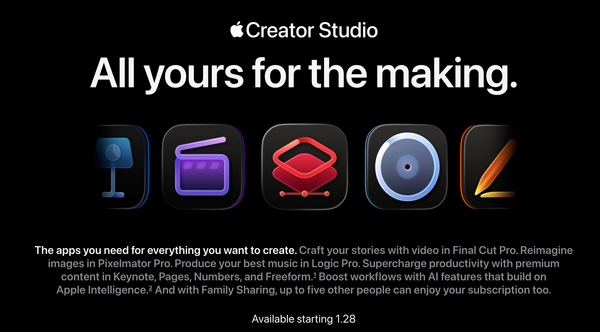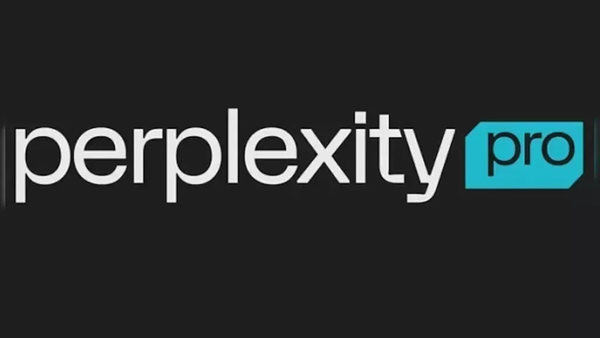Redefining Labels: The Lies We Tell to Become Someone Else
Labels shape our identity, but they don’t have to define us. Learn how to rewrite the narrative and transform them into tools for growth.

Labels are the stories we tell ourselves — and often the lies others hand us to define who we are. They can empower or imprison us, shaping our identity and self-worth without our consent.
From childhood, titles like “shy,” “troublemaker,” or “overachiever,” are pinned on us, and we wear them unquestioningly, allowing them to reflect our personality. Over time, these labels dictate not just our actions but the very expectations we place on ourselves, rarely stopping to as if they’re even true.
But what if the words that weigh us down can be rewritten? What if labels meant to define us became the foundation for transformation? Labels are only as powerful as the meaning we give them.
The question is: Are you ready to rewrite your story?
Why We Label
Before we break down the complexities of labeling we should first understand why we give each other and more importantly why we wear them so unwillingly.
We humans tend to label because it’s a way to make sense of the overwhelming complexity of the people around us. Our brains are wired to categorize; it’s a survival mechanism that helps us understand, predict, and react.
When we meet someone new, we instinctively reach for shortcuts — titles, descriptors, roles — to simplify who they are. It’s easier to say “He’s the funny one” or “She’s so ambitious” than to fully grasp the nuanced multifaceted reality of their identity.
But this convenience comes with a cost. By reducing people to a single word or phrase, we strip away their depth and lock them into a fixed narrative. Levels become placeholders for the parts of others we’re unwilling or unable to explore.
Worse, these simplistic definitions often reflect our biases, fears, and assumptions rather than any real understanding of the person behind the label.
This tendency to label isn’t inherently malicious — it’s practical. Yet, it becomes harmful when the labels stick, often overshadowing growth, change, and individuality.
When we start seeing others, and even ourselves, as little more than the labels we've been given, we reduce the rich complexity of human experience to stereotypes and shortcuts. To move forward, we have to recognize the habit and challenge it.
The Negative Plague of Labels
Negative labels are like whispers that grow louder over time. A child who’s called “lazy” enough times may begin to internalize it, avoiding opportunities out of fear of failure.
An adult labeled “impulsive” might second-guess every decision, stuck in analysis paralysis to avoid confirming the stereotype. These words embed themselves deeply, often without us realizing it.
Society thrives on labeling people because it simplifies complexity. It’s easier to say someone is “toxic” than to recognize the nuance and difficulties the person may have faced.
The layers of hurt, insecurity, and circumstances behind their actions go overlooked and dismissed.
It’s easier to call yourself a “failure” than to admit you’re scared of trying again. These labels don’t just harm — they stagnate. They convince us we are fixed beings in a world that constantly demands growth and change.
The worst part? Many of us cling to these labels out of familiarity. We let them dictate our identity because letting go would mean stepping into the unknown.
But what if we could rewrite those labels? What if, instead of being a prison, they became the scaffolding for something better?
Reclaiming and Redirecting Labels
Labels don’t have to have to be the end of the story. They can be the beginning of a transformation. To embrace labels means not dining their existence but taking control of their meaning.
If someone calls you “weak” you can accept it as a challenge to grow stronger.
If you’ve been labeled a “quitter,” you can decide that your past failures are stepping stones to resilience.
Think about the title of “underdog.” For some, it’s a term of pity, a way to make someone less capable or less likely to succeed. But in sports, business, and life the underdog often becomes the most inspiring figure.
They’re underestimated, sure, but they’re also driven, scrappy, and relentless. The power lies in how you choose to wear the label.
Consider asking yourself the following:
- What does this label mean to me now? Write it down. Be brutally honest with yourself, does this truly reflect who you are?
- What do I want it to mean? This is where you begin to shift the narrative. Turn “weak” into “emotionally aware”. Turn “lazy” into “strategically resting.”
- What actions can I take to embody this new meaning? Labels only stick when they’re backed by consistent action. Decide behaviors that align with your redefined label and make them a part of your daily routine.
These few questions can be the catalyst for questioning and reforming the narrative about the labels that once carried negative connotations and shifting them into building blocks that you build on top of to shape your new identity.
Growing Into Empowering Titles
When we consciously decide to rewrite our labels, we stop living reactively and start living intentionally. Instead of letting the world tell you who you are, you define yourself — on your terms.
This isn’t about denial or toxic positivity. It’s about reclaiming agency in a world eager to strip it away.
The truth is, that labels are inevitable. People will always try to categorize you. The power lies in deciding whether those categories serve your growth or hinder it.
When someone calls you “ambitious,” you can shrug it off as pressure or embrace it as a badge of honor.
When someone calls you “selfish,” you can reflect on whether prioritizing yourself is necessary for your well-being.
Start small. Take one negative label you’ve internalized and redefine it. Own it. Prove to yourself that it’s not the words that matter but the story you choose to build around them.
Because at the end of the day, labels are only as powerful as the meaning we give them — and the actions we take to either live within or break free from them.
Closing Thoughts
Labels are instinctual; they help us make sense of the world and the people within it. But whether good or bad, these labels only hold the power given to them.
The transformation begins when we question the titles and challenge their origin, the ones we’ve been handed and we decide which ones to keep, redefine, or discard.
Reclaiming labels isn’t about ignoring reality but reshaping it. When we take control of these words, we shift from being passive recipients of identity to active authors of our stories. By giving ourselves empowering labels — and living up to them through intentional action — we build a foundation for growth and resilience.
So, choose wisely. Define the narrative. Be the one who decides what your labels mean. Because in the end, it’s not the label itself that matters, but the life you build around it.
Thank you for spending your time here — it truly means so much. Sharing ideas, perspectives, and stories with readers like you is what makes this journey worthwhile. If this piece inspired you, sparked a thought, or simply gave you a moment of reflection, let’s keep the conversation going:
📩 Email: Share your thoughts or feedback at [email protected]
📰 Substack: https://substack.com/@mostlysocials
☕ Ko-fi: https://ko-fi.com/mostlymedia
🐦 Twitter: https://x.com/mostly_media
🌌 Bluesky: https://bsky.app/profile/mostly.media
Your support, whether through reading, sharing, or connecting, makes a real difference. Thank you for being part of this space, and here’s to building something meaningful together!



